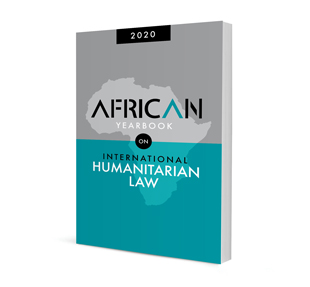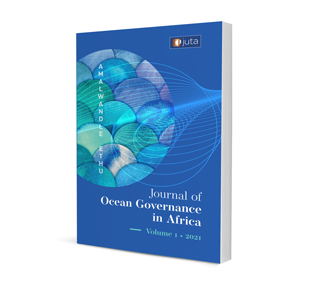Author: Mehdi Remaoun
Source: Amalwandle Ethu: Journal of Ocean Law and Governance in Africa, pp 1-37 (2021)
Added features test

Tax Instruments for the Mining Sector: Profitbased Taxes Versus Production-Based Taxes
Author: Kalo Achille Sanou
ISSN: 2709-8575
Affiliations: Université Clermont-Auvergne, CNRS, IRD, CERDI, F-63000 Clermont-Ferrand, France
Source: African Multidisciplinary Tax Journal, 2024 Issue 1, p. 1–17
https://doi.org/10.47348/AMTJ/V4/i1a1
Abstract
The sharing of mining rents is a particular challenge for African countries. To explain the determinants of profit-based and production-based taxes, we use a panel of 22 gold-producing countries in Africa between 2000 and 2020 using the ordinary least squares (OLS) method controlled for time and country fixed effects. Our empirical results show that the road distance between the capital of the country and its relevant port is an important indicator in the choice of rent taxation instruments. The road distance between the capital of a country and its relevant port tends to reduce the average effective tax rate (AETR) through the share of profit-based taxes in AETR. Thus, countries that do not have direct access to the sea should favour production-based taxes over profit-based taxes in the taxation of mining rents.




